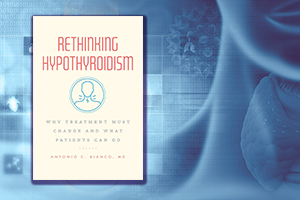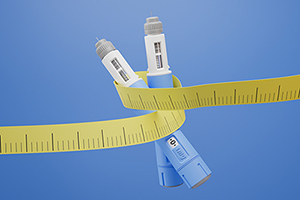




Q: I read your article on atrial fibrillation (AF) and was intrigued by the emphasis on the importance of lifestyle changes for prevention of the condition.
Can you elaborate?
A: What I find striking about AF is its recent prevalence. That might be explained by the rise in the retirement rate as more and more Baby Boomers retire each year. Not that there’s anything wrong with leisure time, but it appears that retirees are the rising demographic enjoying Happy Hour. Frequent and/or excessive drinking is a trigger for AF—one of the “excesses” Dr. Mandrola points out in the report I highlighted in my recent article.
Remember that heavy drinking is defined as 2.5 or more drinks per day. Easy to achieve at happy hour due to lower drink costs coupled with salty bar snacks to keep patrons thirsty. Unfortunately, it’s also a recipe for wiping out magnesium levels.
Magnesium is a critical mineral for the heart, but the standard American diet (SAD) and less-than-healthy lifestyles that go with it (high stress, lack of sleep, too much booze, etc.) all contribute to its deficiency. Abnormal heart rhythms can be quelled with sufficient magnesium.
Other critical nutrients are CoQ10, as the late Dr. Stephen Sinatra attests to at length here, and fish oil, which Dr. Hoffman and I have discussed on the Intelligent Medicine podcast. In fact, fish oil is as important as any pharmaceutical drug in dealing with heart abnormalities. For example, in Italy, fish oil is dispensed as part of the standard of care in treating heart disease. Moreover, this recent study shows fish oil to be protective against AF, contrary to previous claims actually implicating fish oil in AF.
Caffeine is suspect because too much can induce high blood pressure, and cause an increase in heart rate, triggering AF. However, a Chinese study indicates that regular consumption of caffeinated coffee may actually help prevent AF via a different mechanism—by reducing atrial fibrosis.
Ultra-endurance athletes face the risk of developing an enlarged heart, which is said to be a predictor for AF among elite athletes. Furthermore, the accompanying inflammation—as is shown to occur with overexercising, changes in vagal tone, and lower heart rate (bradycardia) may also be a facilitator of AF according to one study.
To your health!
Though we think of declining estrogen as the hallmark of menopause, it's actually common for…

Up to 12 percent of Americans have ulcers at some point in life. Peptic ulcers…
Gallbladder disease is a modern illness. An estimated 20 million Americans have gallbladder disease. The…

Dr. Antonio Bianco, recipient of the American Thyroid Association’s John B. Stanbury Thyroid Pathophysiology Medal,…

There’s a misconception among low-carb dieters. Many people believe a low-carb diet is much higher…

New, more powerful weight loss drugs: Drugs like Wegovy, Rybelsus, Ozempic and Mounjaro/Zepbound are revolutionizing…

Leyla Weighs In: Eating for Energy and Emotional Well-Being

Our virtual voicemail is open 24/7, so there's no need to wait to submit your questions for Dr. Hoffman. Leave a message, and you may hear your question featured on the Intelligent Medicine radio program!